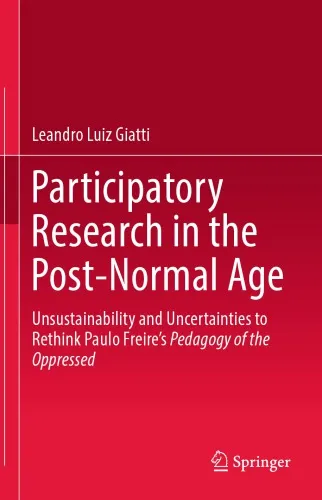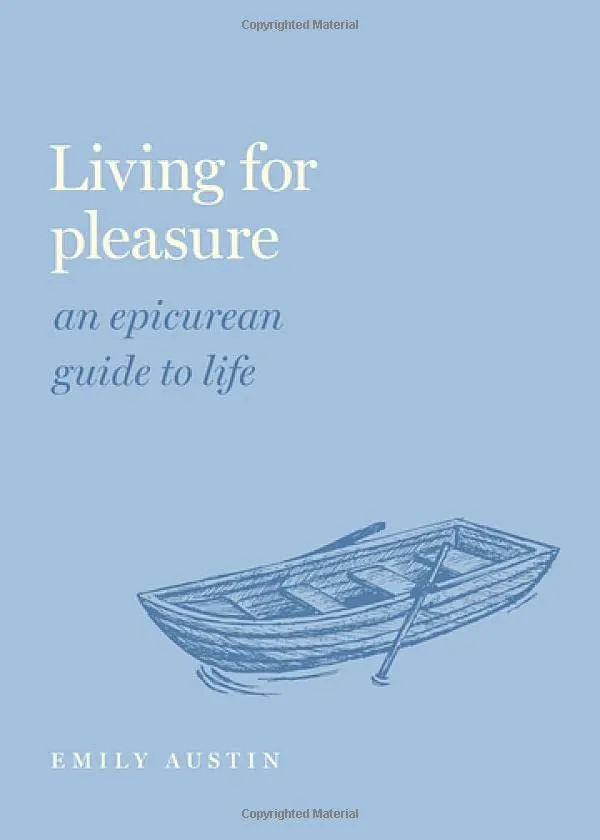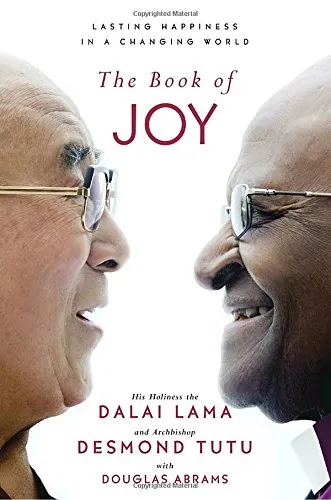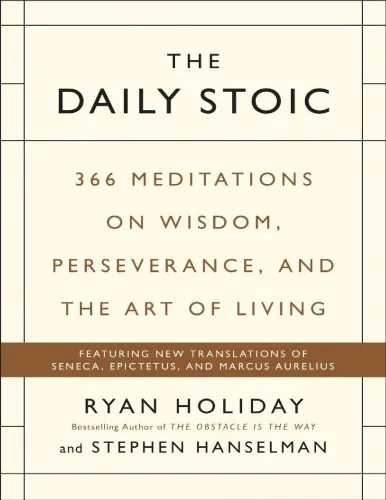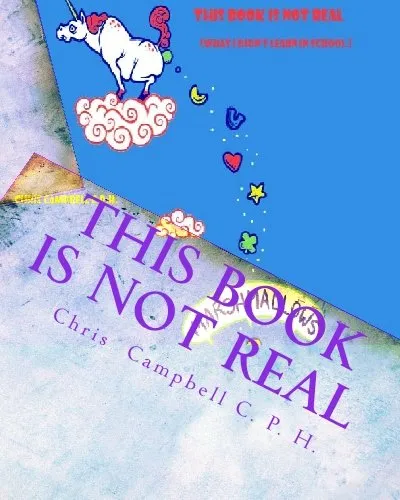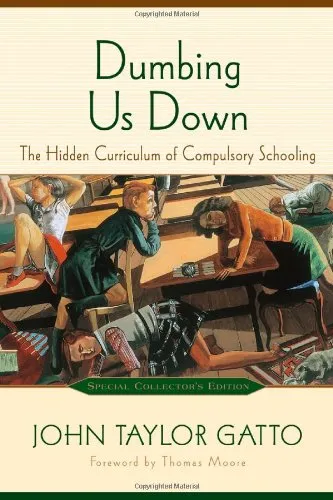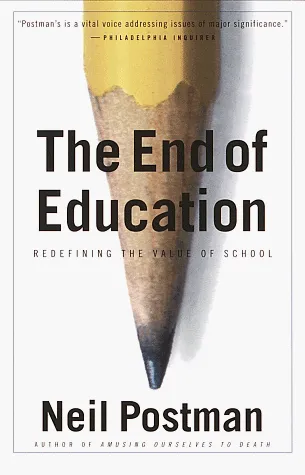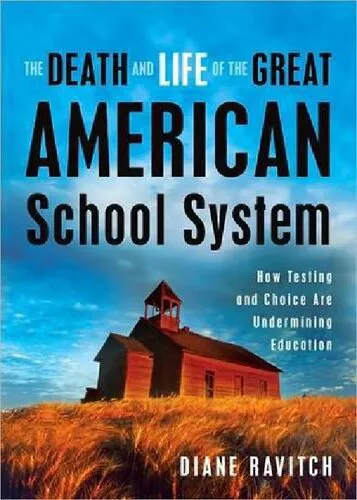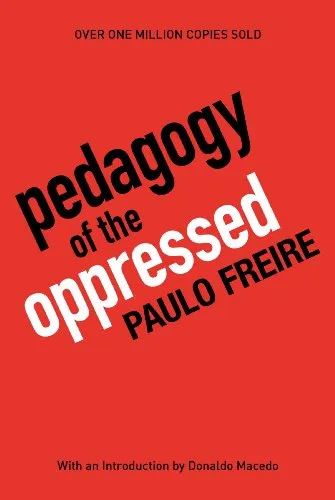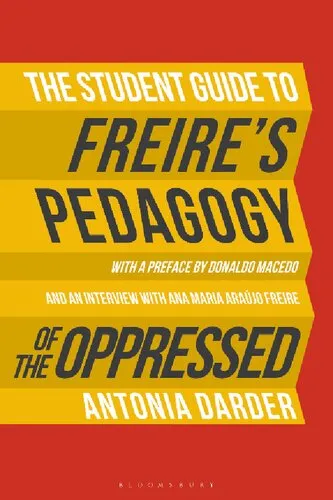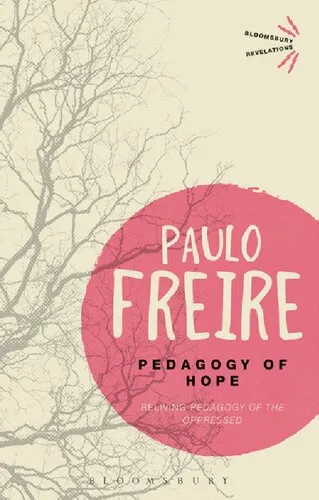Participatory Research In The Post-Normal Age: Unsustainability And Uncertainties To Rethink Paulo Freire’s Pedagogy Of The Oppressed
4.8
Reviews from our users

You Can Ask your questions from this book's AI after Login
Each download or ask from book AI costs 2 points. To earn more free points, please visit the Points Guide Page and complete some valuable actions.Related Refrences:
Analytical Summary
In an era characterized by unprecedented complexity, uncertainty, and social transformation, Participatory Research In The Post-Normal Age: Unsustainability And Uncertainties To Rethink Paulo Freire’s Pedagogy Of The Oppressed offers a deep and reflective analysis of how participatory methodologies intersect with Paulo Freire’s emancipatory vision. This book positions itself at the confluence of critical pedagogy, sustainability discourse, and post-normal science, bringing forward the urgent need to question conventional models of research and knowledge production.
Written to engage academics, practitioners, and advanced students alike, the text invites readers to explore how participatory action research can navigate the tension between global unsustainability and localized social change. It does so through a systematic examination of case studies, theoretical framings, and methodological critiques, all aimed at reimagining the Pedagogy of the Oppressed within the context of our current “post-normal” age — a term that captures the prevalence of inherent uncertainties, value conflicts, and systemic risks.
Information unavailable regarding the exact publication year and any formal awards, due to no reliable public source confirming these details. This absence of traditional bibliographic markers only reinforces the work’s timeless relevance and intellectual significance. The author engages Freire’s ideas not as static legacy tools but as living, adaptable approaches to investigating and acting upon today’s intertwined social and environmental challenges.
Key Takeaways
The book delivers several lasting insights, relevant to any professional engaged with participatory research, critical pedagogy, or sustainability studies.
First, it emphasizes that participatory research is not merely a methodology but a transformative process, challenging dominant epistemologies. Second, it situates Paulo Freire’s pedagogy within the “post-normal” framework, demonstrating that education and research must adapt to complexity and uncertainty rather than resist them. Third, it stresses that unsustainability is not an abstract concept; it is a lived reality requiring redefined roles for researchers and communities. Finally, it offers practical guidance on embracing methodological pluralism, fostering genuine dialogue, and building collective capacity for change.
Memorable Quotes
"In post-normal times, the act of research becomes inseparable from the act of collective transformation." Unknown
"Dialogues that embrace uncertainty are the birthplace of resilient communities." Unknown
"To rethink pedagogy is to rethink our role in an unsustainable world." Unknown
Why This Book Matters
As global crises multiply, there is urgent demand for frameworks that can operate effectively in conditions of uncertainty and conflict. This book meets that demand.
By embedding participatory research within the philosophical and ethical spaces outlined by Paulo Freire’s Pedagogy of the Oppressed, the work actively resists the commodification and depoliticization of knowledge. It emboldens practitioners to recognize unsustainability not as a distant threat but as a present condition shaping every research decision. In doing so, it challenges readers to recalibrate their understanding of what intellectual rigor and social relevance mean in research practice.
Inspiring Conclusion
In confronting uncertainty, complexity, and the pressing realities of unsustainability, Participatory Research In The Post-Normal Age: Unsustainability And Uncertainties To Rethink Paulo Freire’s Pedagogy Of The Oppressed acts as both a beacon and a compass.
This book calls on readers to embrace participatory methods as living instruments of change, grounded in the ethical imperatives of Freire’s vision. It invites scholars, researchers, and engaged citizens to read, share, and discuss its ideas — not simply to understand them, but to act upon them in the creation of more just, resilient, and dialogic communities.
Free Direct Download
You Can Download this book after Login
Accessing books through legal platforms and public libraries not only supports the rights of authors and publishers but also contributes to the sustainability of reading culture. Before downloading, please take a moment to consider these options.
Find this book on other platforms:
WorldCat helps you find books in libraries worldwide.
See ratings, reviews, and discussions on Goodreads.
Find and buy rare or used books on AbeBooks.
1302
بازدید4.8
امتیاز0
نظر98%
رضایتReviews:
4.8
Based on 0 users review
Questions & Answers
Ask questions about this book or help others by answering
No questions yet. Be the first to ask!
